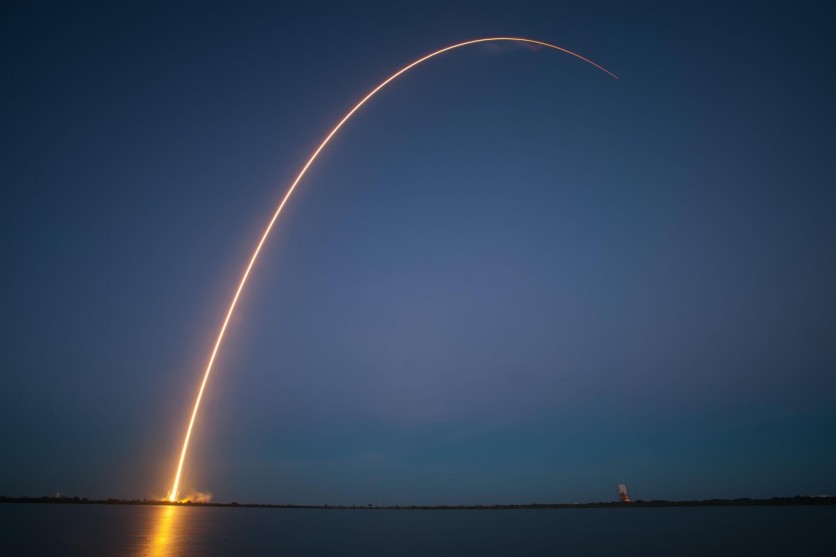A massive Chinese rocket called "Long March-5B" was significant in boosting China's new space station. However, it was recently reported that it was hurling uncontrollably towards the Earth, raising concerns that it might hurt people or damage properties.
On Monday, Aug. 1, a province in the Philippines was hit by the Chinese rocket's debris, and thankfully, there were no reported damages.
It may seem absurdly unlikely that anyone could be killed by space debris that fell from the sky since no one has died yet from such an accident.

However, there have been situations when space junk caused damage to a property, according to ScienceAlert.
At a time of increased space flights or missions, should we be worried about the chances of space junk killing or harming someone?
The Likelihood
The likelihood of fatalities from falling rocket debris over the next ten years has been calculated by a recent study that was published in Nature Astronomy.
It focused on the unplanned influx of artificial space debris from satellites and rocket launches, including spent rocket stages.
The authors calculated the locations of rocket debris and other space junk when they fall back to Earth using mathematical modeling of rocket part inclinations and orbits in space and population density below them, as well as 30 years' worth of satellite data.
The researchers found that there is slight but significant harm from space junk falling back to Earth in the next ten years. However, this is more likely to occur in southern latitudes instead of northern ones.
According to the study, rocket bodies are about three times more likely to crash at the latitudes of Dhaka, Bangladesh, Jakarta in Indonesia, or Lagos in Nigeria than in the US's New York, Russia's Moscow, and China's Beijing.
The risk to human life over the following ten years due to uncontrolled rocket reentries was also estimated by the authors as a "casualty expectation."
But as of now, it is believed that there is very little chance that rocket and satellite debris will harm air traffic or cause damage to the Earth's surface.
With the rising number of companies entering the rocket launch market, it is very likely that the number of accidents like the one that occurred after the launch of the Chinese Long March 5b, will rise as well, as per ScienceAlert.
According to the researchers, there is a 10% chance that rocket debris will lethally hit someone on Earth. But at the same time, they said that it is still a conservative estimate.
How To Regulate The Reentry of Space Junk?
According to ScienceAlert, it is entirely possible to regulate the reentry of debris thanks to a variety of technologies, but doing so is expensive.
For instance, spacecraft can be "passivated," where any remaining energy, such as fuel or batteries, is used up rather than stored after the mission is complete.
Reusable rocket launches were also seen in the works of SpaceX and Blue Origin. Due to the controlled manner in which they return to Earth, these produce significantly less debris.
A mission to try and capture and remove space debris using a four-armed robot is being planned by the European Space Agency. Space Debris Mitigation Guidelines were also released by the UN's Office of Outer Space Affairs in 2010, and they were updated in 2018.
The researchers do note that these are guidelines rather than international law and do not provide specifics as to how mitigation strategies ought to be carried out.
According to the study, developing technologies and more careful mission design would lower the rate of uncontrolled reentry of spacecraft debris, reducing the risk of hazards around the world.
"Uncontrolled rocket body reentries constitute a collective action problem; solutions exist, but every launching state must adopt them," the researchers wrote in their study.
This article is owned by Tech Times
Written by Joaquin Victor Tacla
ⓒ 2025 TECHTIMES.com All rights reserved. Do not reproduce without permission.




